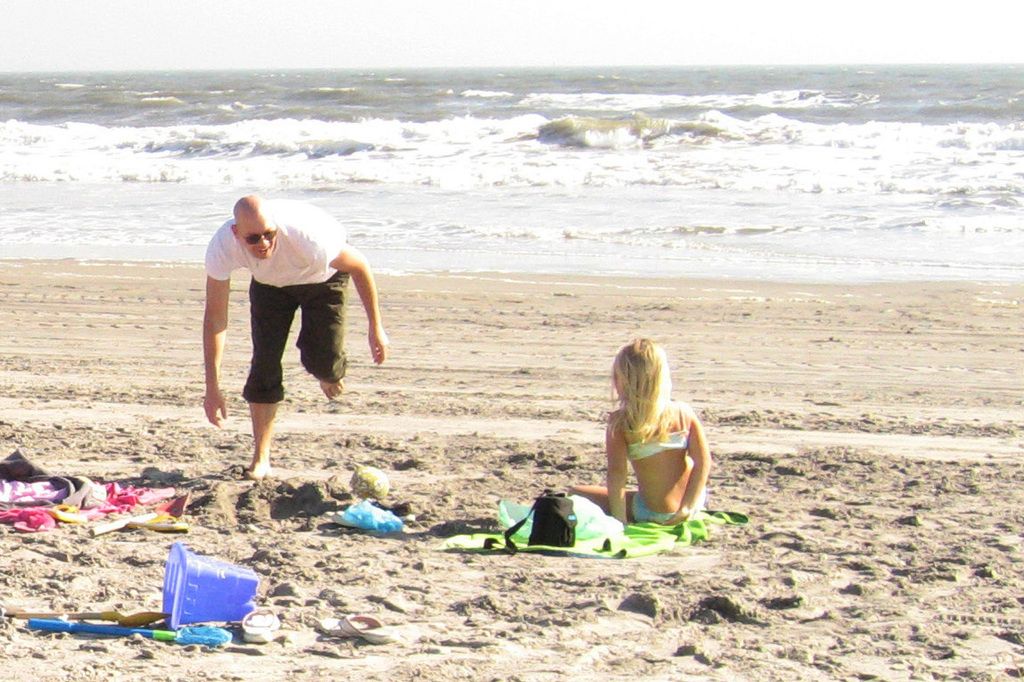Amount of Water a Dog Needs: An Insight
Got a thirsty pup? Water's crucial, just like for humans! A dog's body is mostly water, around 70-80%, and it needs to stay hydrated for digestion, transporting nutrients, and removing toxins.
Expert Jim D. Carlson, of the Riverside Animal Clinic in McHenry, Illinois, explains, "Just like us, dogs need to stay hydrated to digest food, carry important fluids through the body, and get rid of toxins."
Water works wonders on a dog's body. It supports digestion, from eating and nutrient absorption, to waste removal, and regulates body temperature, allowing organs to function optimally.
A well-hydrated dog keeps everything running smoothly. On the flip side, not drinking enough water can lead to dehydration, making organs fail.
The Right Amount: How Much H2O for a Hound?
The secret sauce for water consumption comes down to your dog's weight. Here's the formula:
"Dogs need, on average, 1 ounce of water per 1 pound of body weight per day," says Gary Weitzman, CEO of the San Diego Humane Society and an author. "For instance, if your pooch weighs 50 pounds, they should drink about 50 ounces – roughly 1.5 liters – of water daily."
Age, breed, body condition, medications, and activity level can all impact water needs. Smaller canines will require less fluid compared to larger ones, while younger dogs may need more due to growth. Hikes, hotter weather, or excitement may cause increased thirst too.
Is My Dog guzzling too much?
In some instances, a rise in water consumption is par for the course – like after exercise or in moderately hot climates. If your dog is taking new meds and seems to be drinking more, play it safe and visit the vet. Be aware of other warning signs too, such as frequent urinating and diluted urine, as these could signify underlying health issues, such as kidney disease, diabetes, or Cushing's disease.
Not drinking enough?
If your furry friend isn't their usual hydrated self, it's time to probe further. Sick pups might skip water as a result of illness. If refusal is sudden, a medical checkup is advised. Otherwise, your dog might just be fussy about taste, temperature, or bowl placement.
So, how do I strike the thirsty-but-not-too-thirsty balance?
Make water accessible, fresh, cool, and appealing. Raising the bowl on a stand or trying out pet fountains might help. Wet food can increase water intake as well. If you're still concerned, consult your vet for advice.
On the flip side, excessive water consumption can lead to accidents and subsequent health issues. If you suspect your dog is drinking too much, it's crucial to engage with your veterinarian.
In this whirlwind of water, remember that hydration is key to your dog's overall health and well-being. Keep an eye on your pup's water intake and act promptly if you notice irregularities or concerns. After all, a happy pup is a well-hydrated pup!
- For optimal health, it's essential that dogs consume the right amount of water, and according to experts, this equates to approximately 1 ounce of water for every pound of a dog's body weight daily.
- While a well-hydrated dog is vital for overall health and wellness, excessive water consumption can potentially lead to health issues. Hence, it's important to monitor a dog's water intake and consult a veterinarian if concerns arise.






